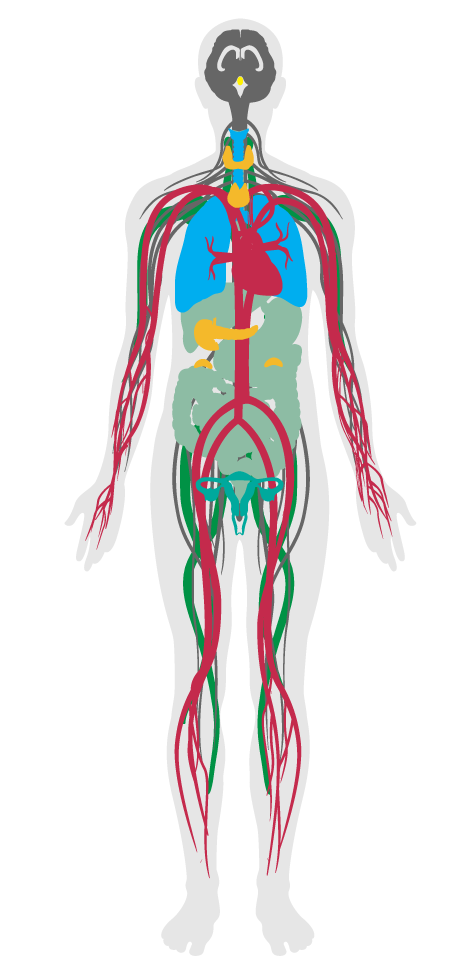Pesticide management
- 01 Air quality standards
- 02 Smoking ban
- 03 Ventilation effectiveness
- 04 VOC reduction
- 05 Air filtration
- 06 Microbe and mold control
- 07 Construction pollution management
- 08 Healthy entrance
- 09 Cleaning protocol
- 10 Pesticide management
- 11 Fundamental material safety
- 12 Moisture management
- 13 Air flush
- 14 Air infiltration management
- 15 Increased ventilation
- 16 Humidity control
- 17 Direct source ventilation
- 18 Air quality monitoring and feedback
- 19 Operable windows
- 20 Outdoor air systems
- 21 Displacement ventilation
- 22 Pest control
- 23 Advanced air purification
- 24 Combustion minimization
- 25 Toxic material reduction
- 26 Enhanced material safety
- 27 Antimicrobial activity for surfaces
- 28 Cleanable environment
- 29 Cleaning equipment
- P9 Advanced cleaning
10. Pesticide management
To reduce the presence of pests in buildings and minimizing occupant exposure to harmful chemicals.
Approximately one billion pounds of pesticides are used in a typical year in the U.S. alone. Pesticides and herbicides contaminate rivers and streams, and seep into groundwater through runoff. A U.S. Geological Survey conducted in the 1990s detected pesticide compounds in virtually every stream in agricultural, urban and mixed-use areas, as well as in over 50 percent of sampled wells assessing ground water in agricultural and urban areas. Atrazine, one of the most widely used pesticides, is a suspected endocrine disruptor and is associated with cardiovascular problems. Long-term exposure to glyphosate, a widely used herbicide, may lead to kidney problems and reproductive difficulties.
Pesticide and herbicide use on outdoor plants is eliminated, or hazards are minimized through one of the following:

Applicability Matrix
| Core & Shell | New & Existing Buildings | New & Existing Interiors | |
|---|---|---|---|
| Part 1: Pesticide Use | P | P | - |
| Commercial Kitchen | Education | Multifamily Residential | Restaurant | Retail | |
|---|---|---|---|---|---|
| Part 1: Pesticide Use | - | P | P | P | P |
Verification Methods Matrix
| Letters of Assurance | Annotated Documents | On-Site Checks | |
|---|---|---|---|
| Part 1: Pesticide Use | Operations Schedule |
| 10.1.b |
The San Francisco Department of the Environment’s Integrated Pest Management Ordinance assigns hazard tiers to pesticide products from lowest to highest concern. |
| 10.1.a |
The San Francisco Department of the Environment’s Integrated Pest Management recommends that pesticide products be used as a last result, only after other non-chemical management options have been exhausted. |
